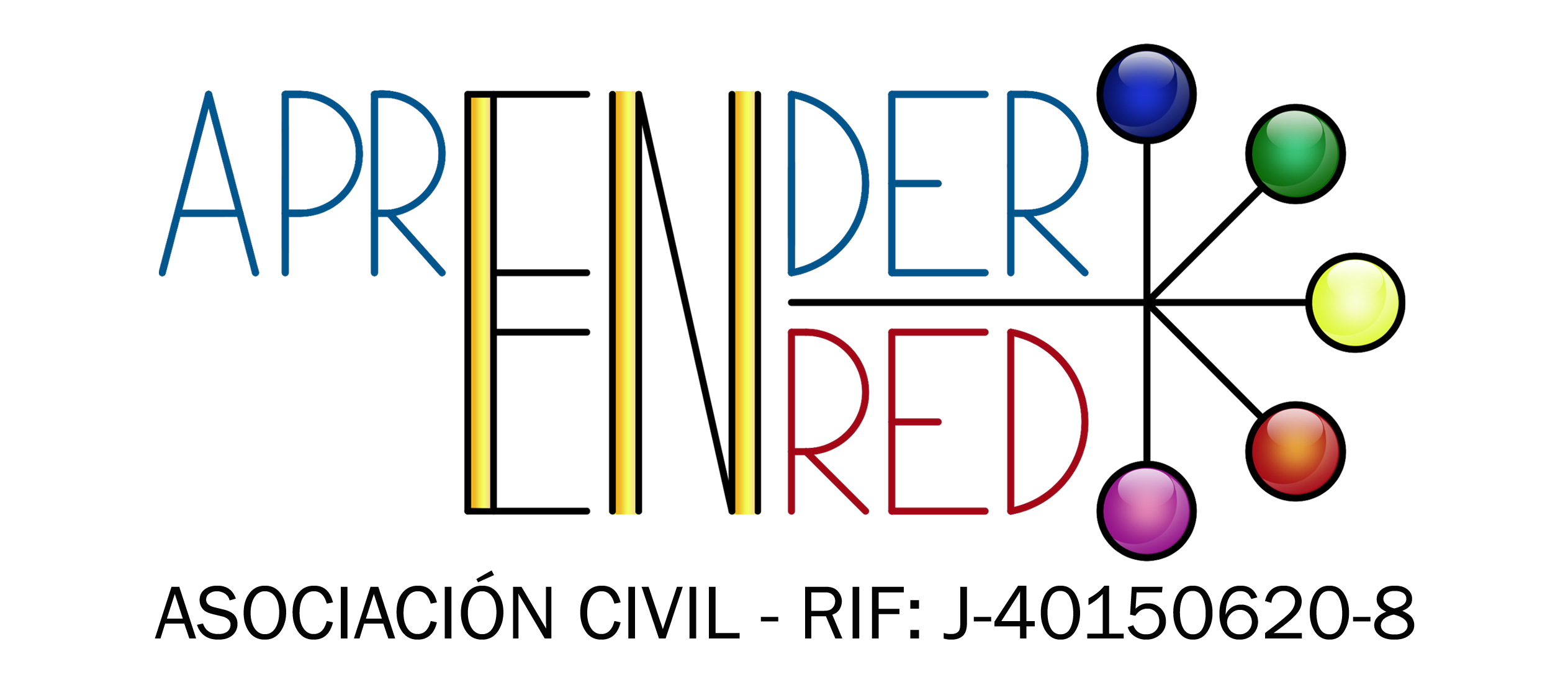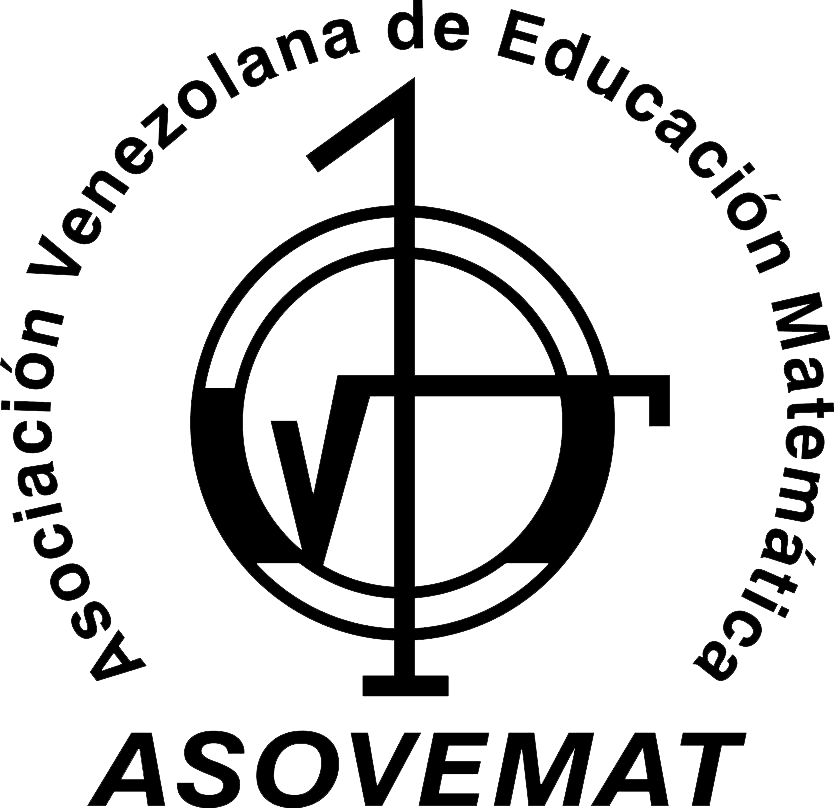Pluriversality of knowledge: What tools does the anthropological theory of didactics propose?
DOI:
https://doi.org/10.54541/reviem.v4i2.112Keywords:
Decolonization of knowledge, Institution, Praxeology, Transposition, EngineeringAbstract
The aim of this article is to present some of the tools developed within the framework of the anthropological theory of didactics and to show that, although this theory is of Western origin, they can constitute effective instruments for the cosmopolitan epistemology called for by decolonial theory. The notion of ethno-engineering is introduced, which makes it possible to account for the ingenuity of native peoples in their confrontation with the problems they face, without referring to the nomenclature imposed by science. However, because it is proposed that some of these inventions be included in school curricula for all students, including those of colonial descent, it is impossible not to address the question of links with school subjects. This issue is considered in the case of mathematics, which leads us to question the very notion of mathematics itself in order to reflect on the links between ethno-engineering and ethno-mathematics.
Downloads
Metrics
References
Bonilla, M. C. (2019). Un estudio del proceso de elaboración del tejido quechua en telar de cuatro estacas. Aportes para la enseñanza de las matemáticas en la educación básica [tesis de maestría, Pontificia Universidad Católica del Perú]. Repositorio PUCP. http://hdl.handle.net/20.500.12404/14446
Bourdieu, P. (2003). El oficio del científico. Ciencia de la ciencia y reflexividad. Editorial Anagrama.
Castela, C. (2016). Cuando las praxeologías viajan de una institución a otra: Una aproximación epistemológica del "boundary crossing". Educación Matemática, 28(2), 8-29. https://doi.org/10.24844/EM2802.01
Castela, C. (2017). When praxeologies move from an institution to another one: An epistemological approach of boundary crossing. En R. Göller, R. Biehler, R. Hochmuth, & H-G. Rück (Eds.), Didactics of Mathematics in Higher Education as a Scientific Discipline - Conference Proceedings (pp. 418-425). University of Kassel.
Castela, C. (2020). Les praxéologies comme idiosyncrasies institutionnelles. Educação Matemática Pesquisa, 22(4), 86-102. https://doi.org/10.23925/1983-3156.2020v22i4p086-102
Castela, C., & Romo Vázquez, A. (2011). Des mathématiques à l'automatique: Étude des effets de transposition sur la transformée de Laplace dans la formation des ingénieurs. Recherches en Didactique des Mathématiques, 31(1), 79-130.
Castela, C., & Romo Vázquez, A. (2023). Towards an institutional epistemology. En R. Biehler, G. Gueudet, M. Liebendörfer, C. Rasmussen, & C. Winsløw (Eds.), Practice-Oriented Research in Tertiary Mathematics Education: New Directions (pp. 621-648). Springer. https://doi.org/10.1007/978-3-031-14175-1_30
Césaire, A. (2006). Discurso sobre el colonialismo. Akal.
Chevallard, Y. (1991). La transposition didactique, du savoir savant au savoir enseigné (2.a ed.). La Pensée Sauvage. (Original publicado en 1985).
Chevallard, Y. (1997). Familière et problématique, la figure du professeur. Recherches en Didactique des Mathématiques, 17(3), 15-54.
Chevallard, Y. (2003). Approche anthropologique du rapport au savoir et didactique des mathématiques. En S. Maury, & M. Caillot (Eds.), Rapport au savoir et didactiques (pp. 81-104). Éditions Fabert.
Chevallard, Y. (2006). Steps towards a new epistemology in mathematics education. En M. Bosch (Ed.), Actas del IV Congreso de la Sociedad Europea de Investigación en Educación Matemática (pp. 21-30). FUNDEMI-IQS.
Chevallard, Y. (2007). Passé et présent de la Théorie Anthropologique du Didactique. En Ruiz-Higueras, & Al (Eds.), Sociedad, escuela y matemáticas. Aportaciones de la Teoría Antropológica de lo Didáctico (TAD) (pp. 705-746). Publicaciones de la Universidad de Jaén.
D'Ambrosio, U. (2014). Las bases conceptuales del Programa Etno-matemática. Revista Latinoamericana de Etnomatemática, 7(2), 100-107.
D’Ambrosio, U. (2018). Apresentação. Educação Matemática em Revista, 23(60), 9-19.
Dussel, E. (2004). Transmodernidad e interculturalidad. En R. Fornet-Bettancourt (Ed.), Crítica intercultural de la filosofía Latinoamericana Actual (pp. 1-26). Trotta.
Dussel, E. (2014). Transmodernité et interculturalité (une interprétation à partir de la philosophie de la libération). En C. Bouguignon, R. Grosfoguel, & P. Colin (Eds.), Penser l´envers obscur de la modernité. Une anthologie de la pensée décoloniale latino-américaine (pp. 177-212). Pulim.
Grosfoguel, R. (2008). Hacia un pluri-versalismo transmoderno decolonial. Tabula Rasa, (9), 199-215. https://doi.org/10.25058/20112742.345
Grosfoguel, R. (2010). Vers une décolonisation des “universalismes” occidentaux: Le “pluri-versalisme décolonial”, d’Aimé Césaire aux zapatistes. En N, Bancel, P. Blanchard, F. Bernault, A. Boubeker, A. Mbembe, & F. Verges (Eds.), Ruptures postcoloniales (pp. 119-138). La Découverte, Collection Cahiers libres. https://doi.org/10.3917/dec.bance.2010.01.0119
Houdement, C., & Kuzniak, A. (2000). Formation des maîtres et paradigmes géométriques. Recherches en Didactique des Mathématiques, 20(1), 89-115.
Nhampinga, D. A. A. (2023). Contribuição para o estudo das potencialidades do jogo “NTXUVA” no ensino da matemática: Uma proposta para o enriquecimento do currículo local no nível médio do SNE em Moçambique [tesis doctoral, Universidade Federal da Bahia]. Repositorio de la UFBA. https://repositorio.ufba.br/handle/ri/38111
Quiroz, L. (2020, 18 de febrero). Le leurre de l'objectivité scientifique. Lieu d'énonciation et colonialité du savoir [página web]. Perspectives décoloniales d'Abya Yala. https://decolonial.hypotheses.org/?p=1630
Roberts, P., Buhrich, A., Caetano-Andrade, V., Cosgrove, R., Fairbairn, A., Florin, S. A., Vanwezer, N., Boivin, N., Hunter, B., Mosquito, D., Turpin, G., & Ferrier, Å. (2021). Reimagining the relationship between Gondwanan forests and Aboriginal land management in Australia's 'Wet Tropics'. iScience, 24(3), 102190. https://doi.org/10.1016/j.isci.2021.102190
Roditi, E. (2014). Le calcul des doses médicamenteuses. Pratiques professionnelles et choix de formation en soins infirmiers. Recherches en Didactique des Mathématiques, 34(2/3), 103-132.
Romo Vázquez, A. (2009). La formation mathématique des futurs ingénieurs [tesis doctoral, Université Paris Diderot]. Système Universitaire de Documentation. https://www.sudoc.fr/138009228
de Sousa Santos, B., Nunes, J. A., & Meneses, M. P. (2007). Another knowledge is possible. Éditions De Boeck Supérieur.
de Sousa Santos, B., Nunes, J. A., & Meneses, M. P. (2022). Ouvrir le canon du savoir et reconnaître la différence (I. Mullet-Blandin, trad.). Participations, (32), 51-91. https://doi.org/10.3917/parti.032.0051
Downloads
Published
How to Cite
Issue
Section
License
Copyright (c) 2024 Corine Castela

This work is licensed under a Creative Commons Attribution 4.0 International License.
Authors who publish with this journal agree to the following terms:
- Authors retain copyright and grant the journal right of first publication with the work simultaneously licensed under a Creative Commons Attribution License 4.0 that allows others to share the work with an acknowledgement of the work's authorship and initial publication in this journal.
- Authors are able to enter into separate, additional contractual arrangements for the non-exclusive distribution of the journal's published version of the work (e.g., post it to an institutional repository or publish it in a book), with an acknowledgement of its initial publication in this journal.
- Authors are permitted and encouraged to post their work online (e.g., in institutional repositories or on their website) prior to and during the submission process, as it can lead to productive exchanges, as well as earlier and greater citation of published work.














